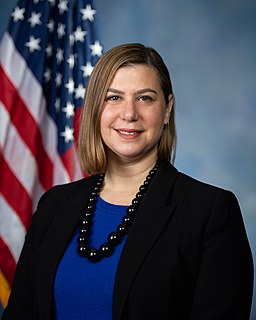A Quote by Paul Strand
The artist is one who makes a concentrated statement about the world in which he lives and that statement tends to become impersonal-it tends to become universal and enduring because it comes out of something very particular.
Related Quotes
The increasing technicality of the terminology employed is also a serious difficulty. It has become necessary to learn an extensive vocabulary before a book in even a limited department of science can be consulted with much profit. This change, of course, has its advantages for the initiated, in securing precision and concisement of statement; but it tends to narrow the field in which an investigator can labour, and it cannot fail to become, in the future, a serious impediment to wide inductive generalisations.
Animism is not a belief system, but a worldview: The world is a sacred place and we are part of it. The factuality of this statement is not the issue. To say that the world is a sacred place is to make a statement about values, not facts. It’s a statement about what you mean by ‘sacred,’ just as ‘Money can’t buy happiness’ is a statement about what you mean by ‘happiness.’ To put it all very simply, animism isn’t a belief system, it’s a value system.
Most pastors railing against gay marriage have never cried out on racism, any type of injustice or police brutality. They've never once made a statement about health care. Many of them are silent on community issues. They are very silent, but they have become the leaders of this particular movement.
Certainly in order to understand the natural world one needs clarity, logic, and the capacity for theory building. But that understanding tends to improve because and to the extent that it is provisional, hypothetical, when it looks for disconfirmation in the particular rather than final proof as a universal.
To give a causal explanation of an event means to deduce a statement which describes it, using as premises of the deduction one or more universal laws, together with certain singular statements, the initial conditions ... We have thus two different kinds of statement, both of which are necessary ingredients of a complete causal explanation.
Desire is something very egoistic. If you desire something, you also have to take the consequences of that. You have to study the market and see how it can go. I mean to become an artist... You never get the Nobel-price for example. You can normally never become a millionaire. Very few become millionaires, so the circumstances are very bad if one becomes an artist. And that should be taken into consideration.




































